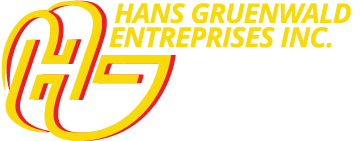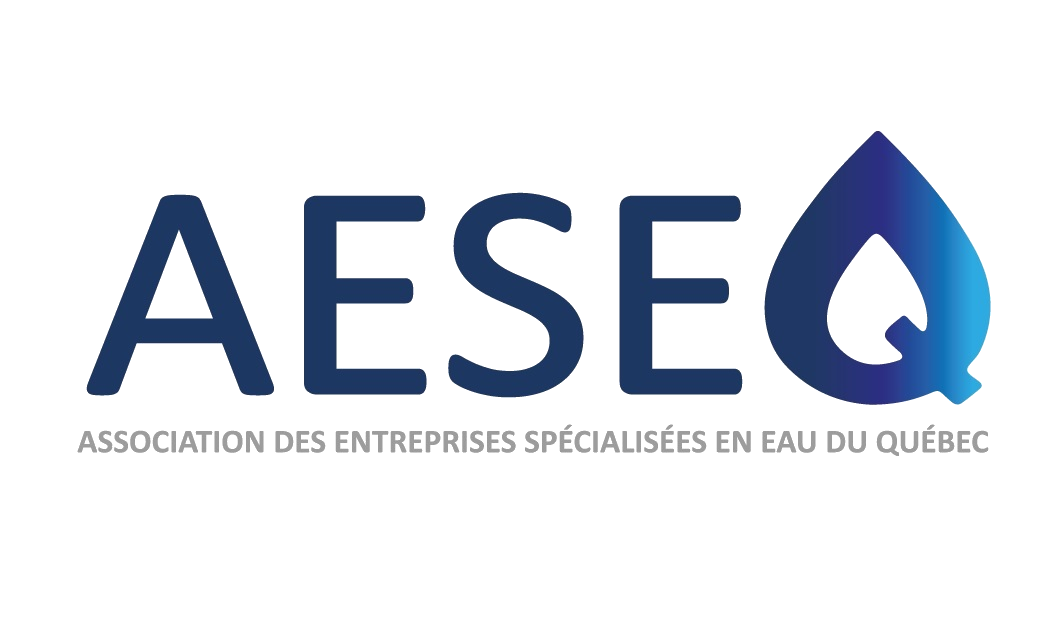There are several types of septic systems. There are several factors that can determine the type of septic system that is appropriate for your home. These include soil type, lot size, city standards, municipal and provincial standards.
The most common septic system is a tank and a leaching field. However, different technologies such as Ecoflo, Bionest, Ecobox, Hydrokinetic and Enviro Septic are considered very environmentally friendly.
With proper installation and regular maintenance, a septic system can have a very long life span.
THE MOST FREQUENTLY ASKED QUESTIONS:
Q. Do I have to add bacteria to my septic tank following a cleaning?
A. No. By cleaning the septic tank with the selective emptying process, the bacteria necessary for proper operation automatically regenerate themselves.
Q. Can a blocked leaching field be repaired with a cleaning or an enzyme infusion?
A. No. Replacement is the only remedy for a defective leaching field. The addition of enzymes and treatments to improve your field can be done to extend the life span, but no studies have proven the effectiveness of this process.
Q. How often should I clean my septic tank?
A. For a primary residence that is inhabited year-round, a septic tank must be cleaned every two years according to the Ministry of the Environment’s Q2 R. 22 standard by a contractor accredited in septic services. For a seasonal residence, the septic tank must be cleaned at least once every 4 years.
Q. Can sanitary napkins be disposed of in a septic tank?
A. No. These napkins are made of cellulose, a non-biodegradable product (the bacteria in the tank cannot attack this product). In fact, it is suggested to throw away the minimum amount of paper of all kinds, except toilet paper.
Q. Can a garburator be used in a kitchen that is connected to a septic tank?
A. No, a garburator produces thousands of suspended particles that cannot be properly digested and can infiltrate the field and clog it.
Q. What are the most common products to avoid in toilets and sinks?
A. It is important to avoid the following products:
- Large amounts of antibacterial products
- Wet wipes
- All-purpose towels
- Facial tissues
- Condoms
- Tampons
- Sanitary napkins
- Cotton swabs
- Diapers
- Cat litter
- Plastic products of all kinds
- Resin
- Non-biodegradable toilet paper
- etc.
It is also important to limit or even eliminate the amount of oils and fats as well as chemicals disposed in the toilet or sink.
This will ensure proper digestion of faeces, avoid premature cleanings, blockages of pre-filters caused by floating foreign matter and overflow.
But, most importantly, a septic system should not be treated as a garbage can!


